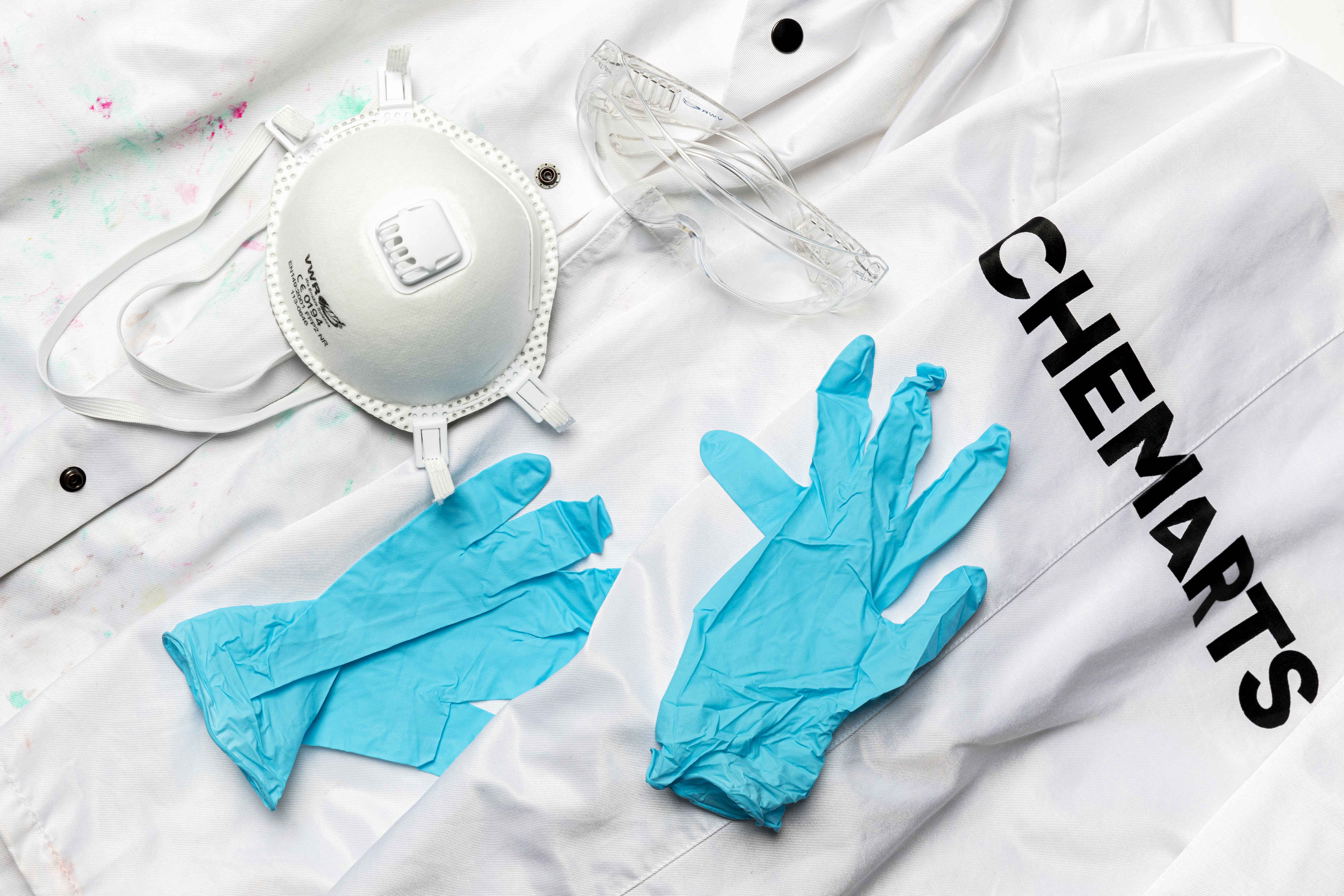
LEARNING OUTCOMES
After completing their personal CHEMARTS project, the student
1) has in depth knowledge on selected biobased materials and technologies; 2) is able to plan, execute, document and present their experimental working processes and results in a professional way; 3) understands how to develop innovative ideas through interdisciplinary collaboration, experimenting with materials and hands-on prototyping.
Credits: 5 - 10
Schedule: 01.11.2024 - 07.02.2025
Teacher in charge (valid for whole curriculum period):
Teacher in charge (applies in this implementation): Pirjo Kääriäinen, Tapani Vuorinen
Contact information for the course (applies in this implementation):
CEFR level (valid for whole curriculum period):
Language of instruction and studies (applies in this implementation):
Teaching language: English. Languages of study attainment: English
CONTENT, ASSESSMENT AND WORKLOAD
Content
valid for whole curriculum period:
Students work individually, in pairs or in small groups with an aim of developing a material or product idea of renewable, bio-based sources. The project plan including a schedule needs to be presented for and agreed by the tutoring faculty before the student(s) can start their project. The process and results will be presented in a joint seminar when the working period ends.
Note: Every student working at the CHEMARTS lab needs to pass laboratory safety course before entering the laboratory.
Assessment Methods and Criteria
valid for whole curriculum period:
Working process, project report, seminar presentation.
Workload
valid for whole curriculum period:
Independent working at the laboratory, tutoring, project presentation. The workload depends of the ECTS the student is working for, for example 5 ECTS = 135 h, 10 ECTS = 270 h.
Contact teaching 10 h (introduction, tutoring, seminar)
Independent work 125 h - 260 h (planning the project, working in laboratory, documentation, writing a report, preparing a seminar presentation).
DETAILS
Study Material
valid for whole curriculum period:
Kääriäinen, Pirjo, Liisa Tervinen, Tapani Vuorinen, and Nina Riutta. The CHEMARTS cookbook. Aalto University, 2020.
Other materials according to the student's personal project.
Substitutes for Courses
valid for whole curriculum period:
Prerequisites
valid for whole curriculum period:
SDG: Sustainable Development Goals
9 Industry, Innovation and Infrastructure
12 Responsible Production and Consumption
13 Climate Action
FURTHER INFORMATION
Further Information
valid for whole curriculum period:
Teaching Language: English
Teaching Period: 2024-2025 Autumn II - Spring III
2024-2025 Spring V - Summer
2025-2026 Autumn II - Spring III
2025-2026 Spring V - SummerRegistration:
In maximum 16 students will be selected based on the enrollment order and their personal, preliminary work plan with relevant idea and realistic working schedule. First priority will be given to students at the Department of Design and the Department of Bioproducts and Biosystems.
